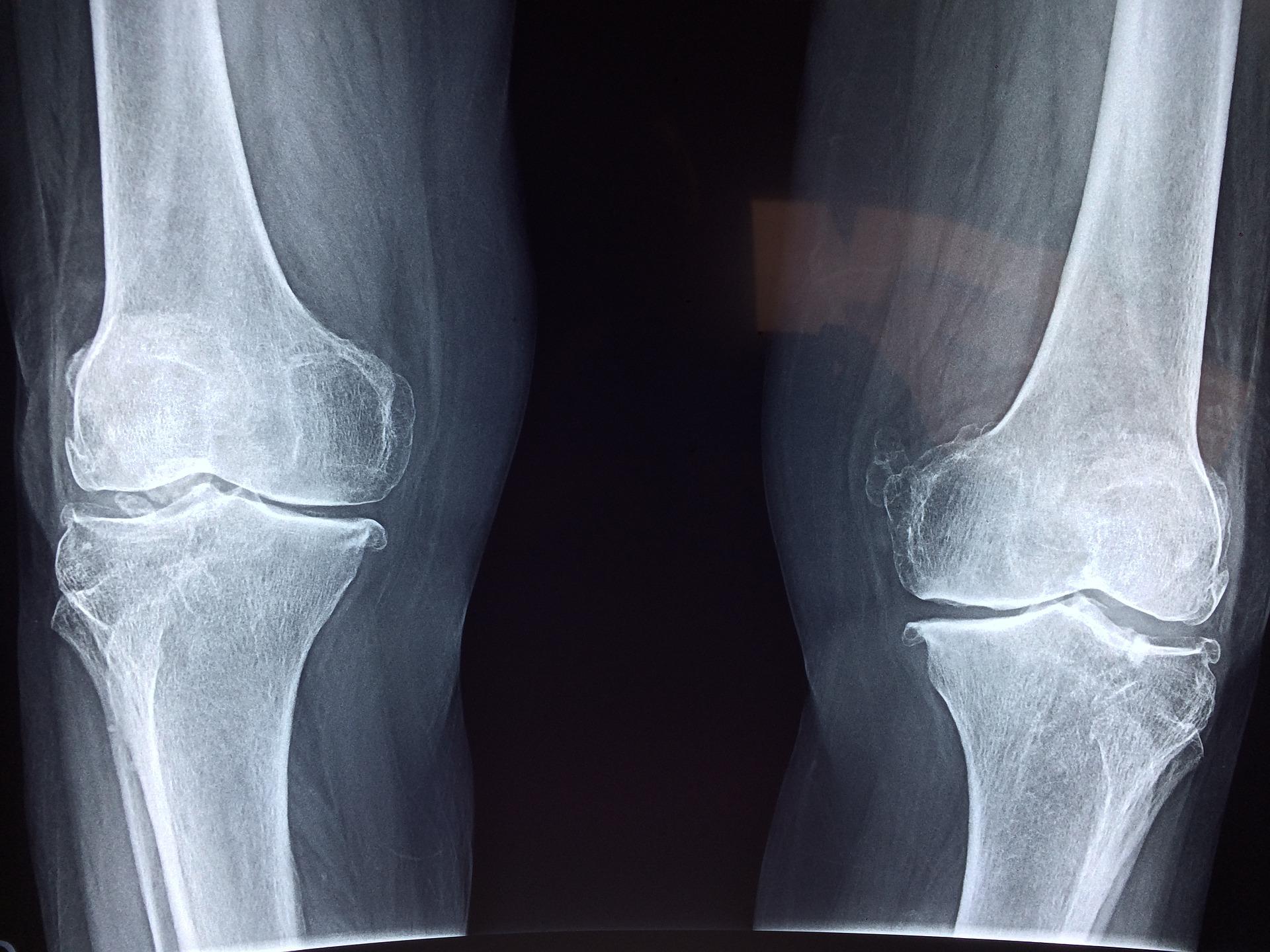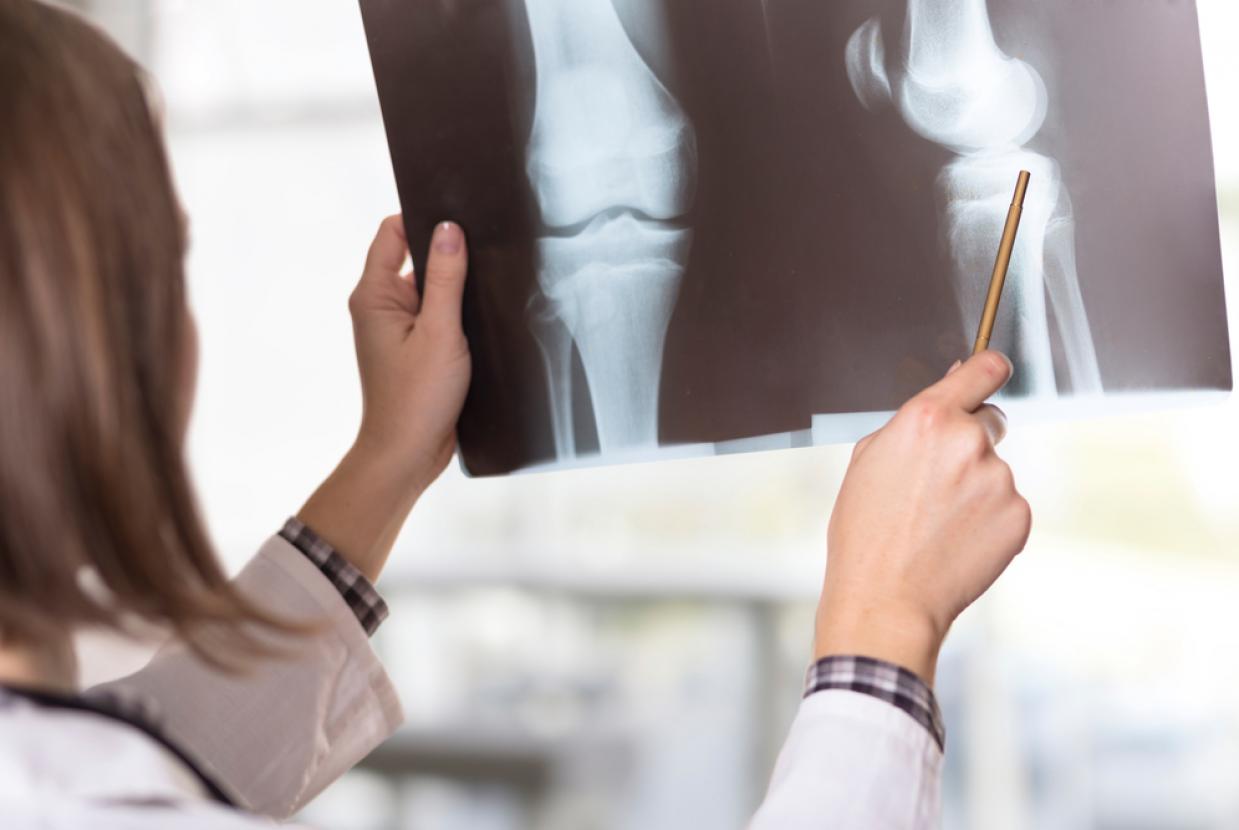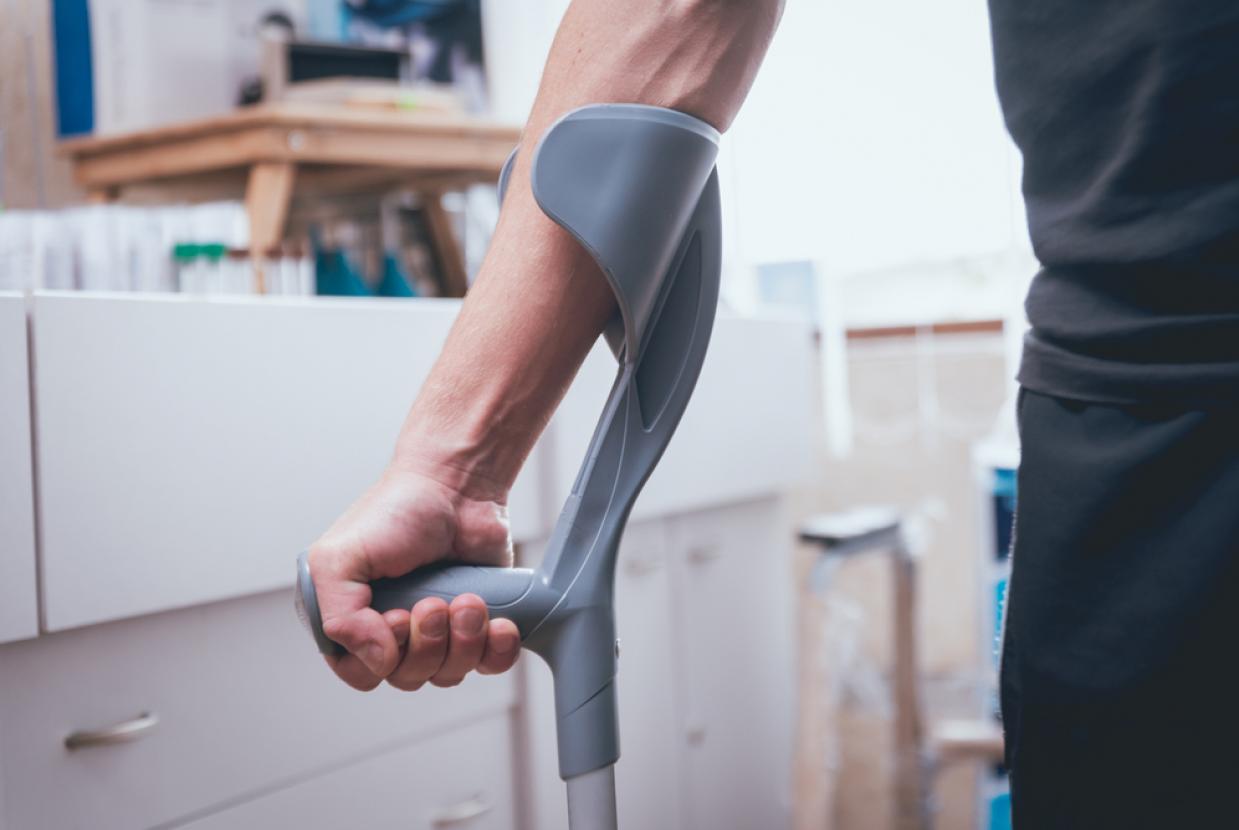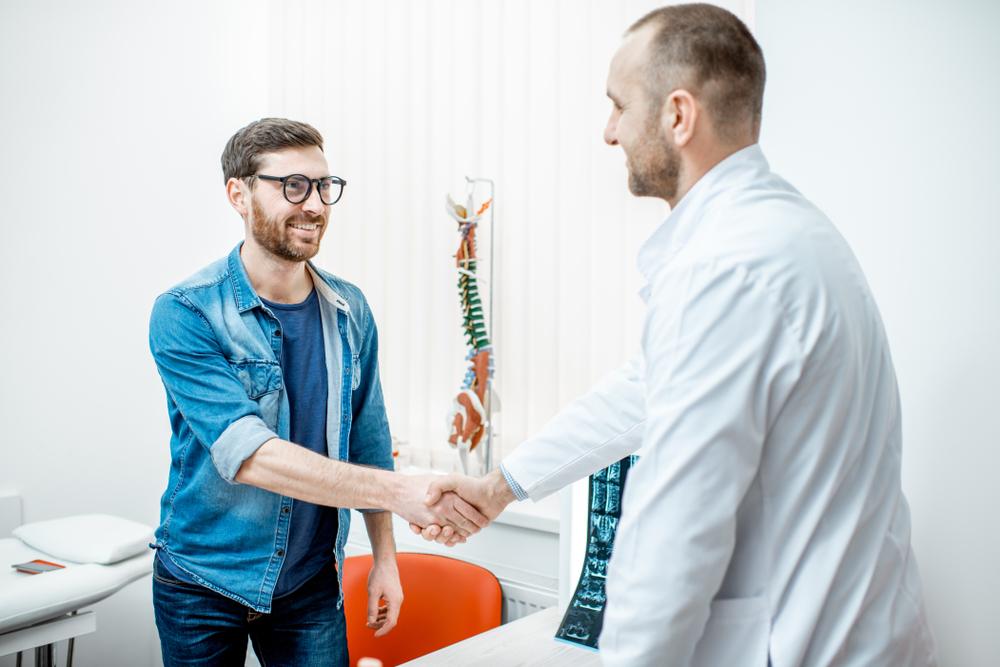When to see a Doctor
Even though it's common, most cases of back pain tend to clear up without the need to see a doctor. You should see your doctor if your pain:
- is really bad
- lasts for a long time
- stops you from working or doing the things you enjoy
- affects your everyday activities
- gets worse.
You should also see your doctor if you have any changes in sexual function, for example, being unable to get an erection.
If the pain is causing you significant problems and stops you from getting on with normal life and work activities, your doctor will examine you and ask you questions.
These questions will help predict how likely it is that you need further help with your back pain. If you do need further support, your doctor will make a referral to physiotherapy so that you can have treatment early, to help with the pain and return to normal activities.
It’s natural to want to know what has caused your back pain. However, specialists may not be able to tell you for certain what has caused your back pain, even after carefully assessing you.
If you’re concerned about the cause of your back pain, it can help to talk openly about any worries with a healthcare professional, as reducing any fear may help speed up your recovery.
What are the warning signs of a serious problem?
Very rarely back pain or pain that travels down the leg is a sign of a serious problem. If you have any of the following symptoms, you should seek urgent medical attention:
- difficulty controlling or passing urine
- loss of control of your bowels
- numbness around your back passage or your genitals
- serious weakness in your legs so you find standing really difficult
- severe and ongoing back pain that gets worse over several weeks.
The above symptoms could potentially be linked to a rare but serious condition that needs urgent medical attention.



























































